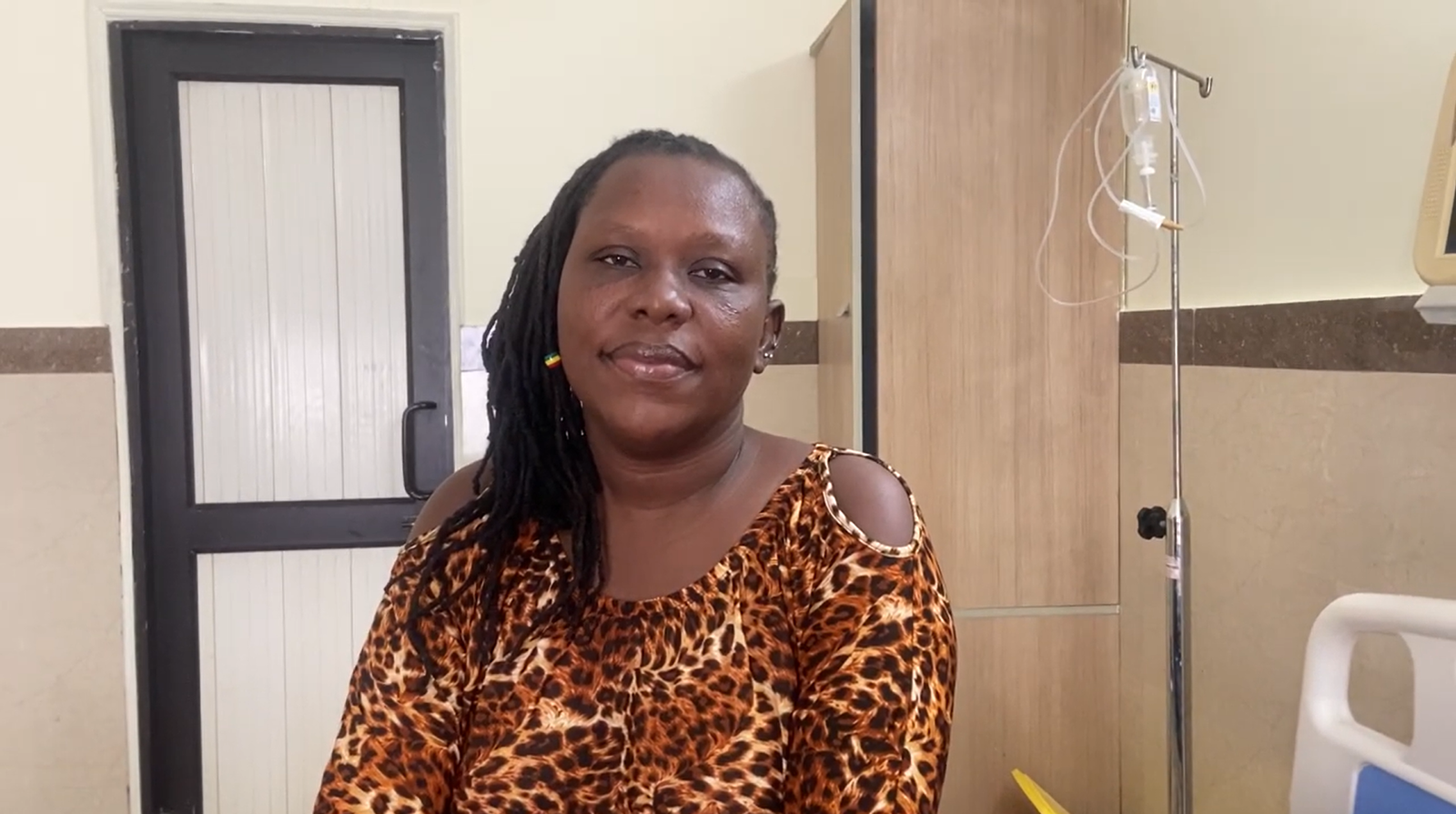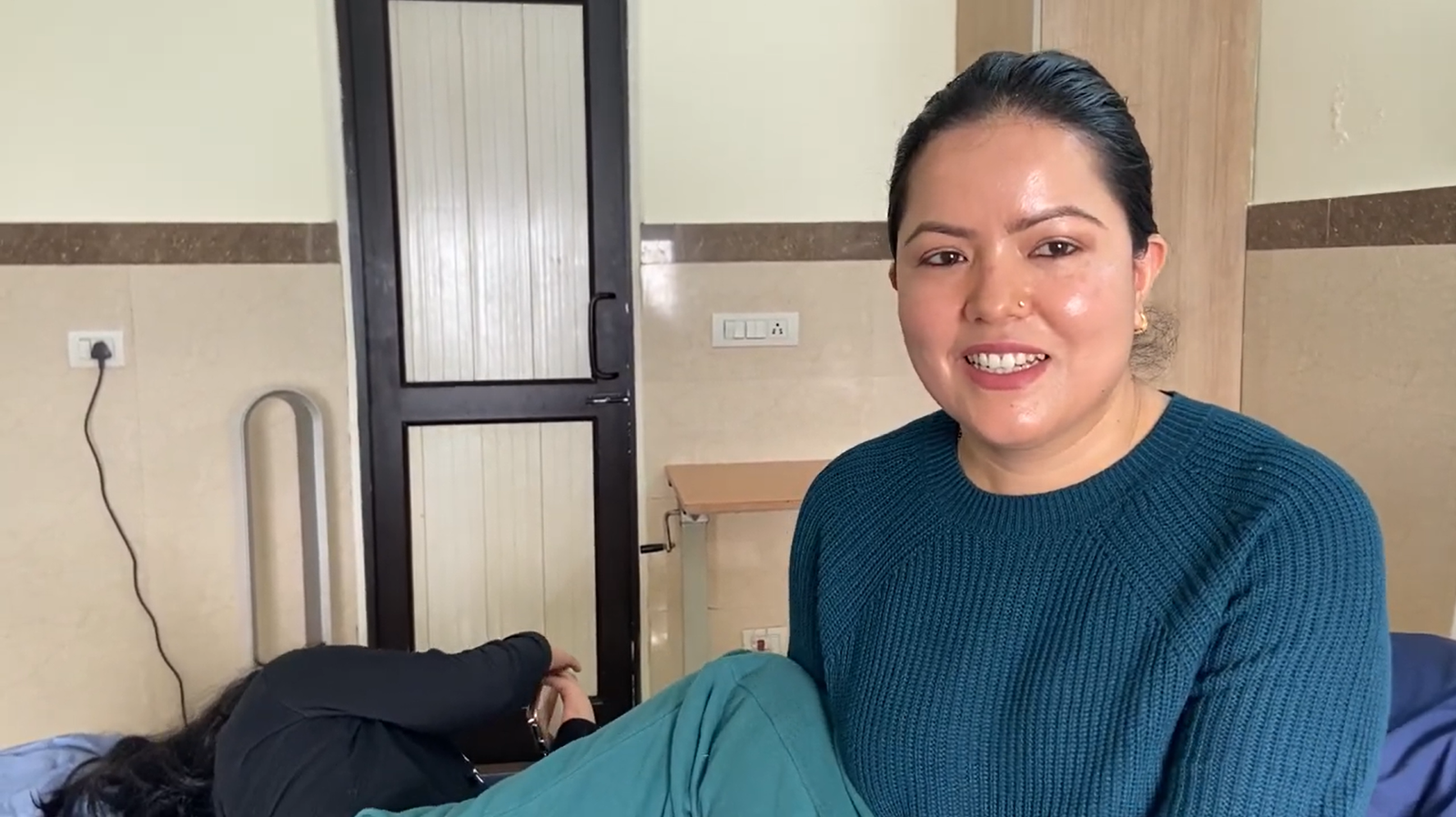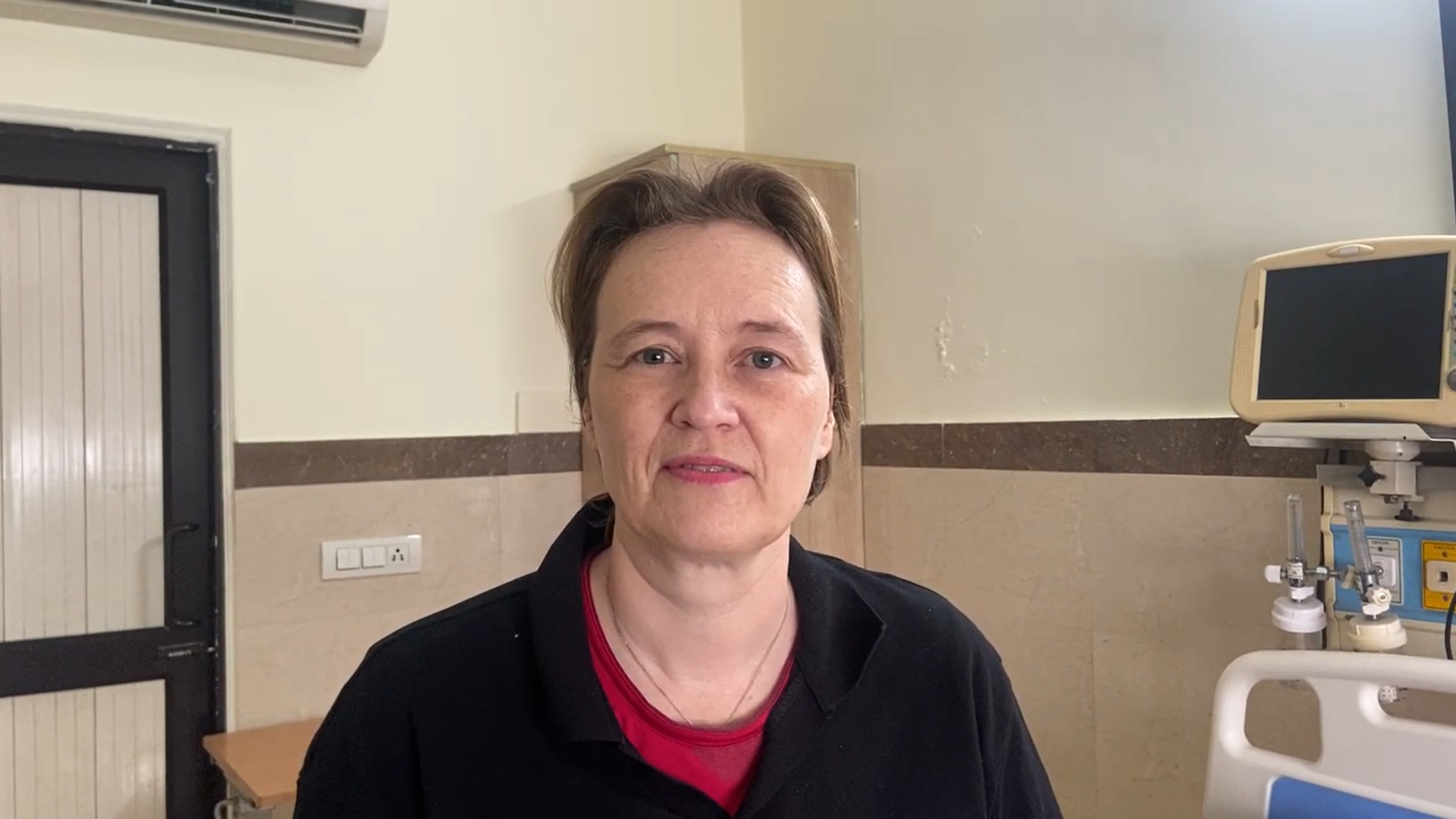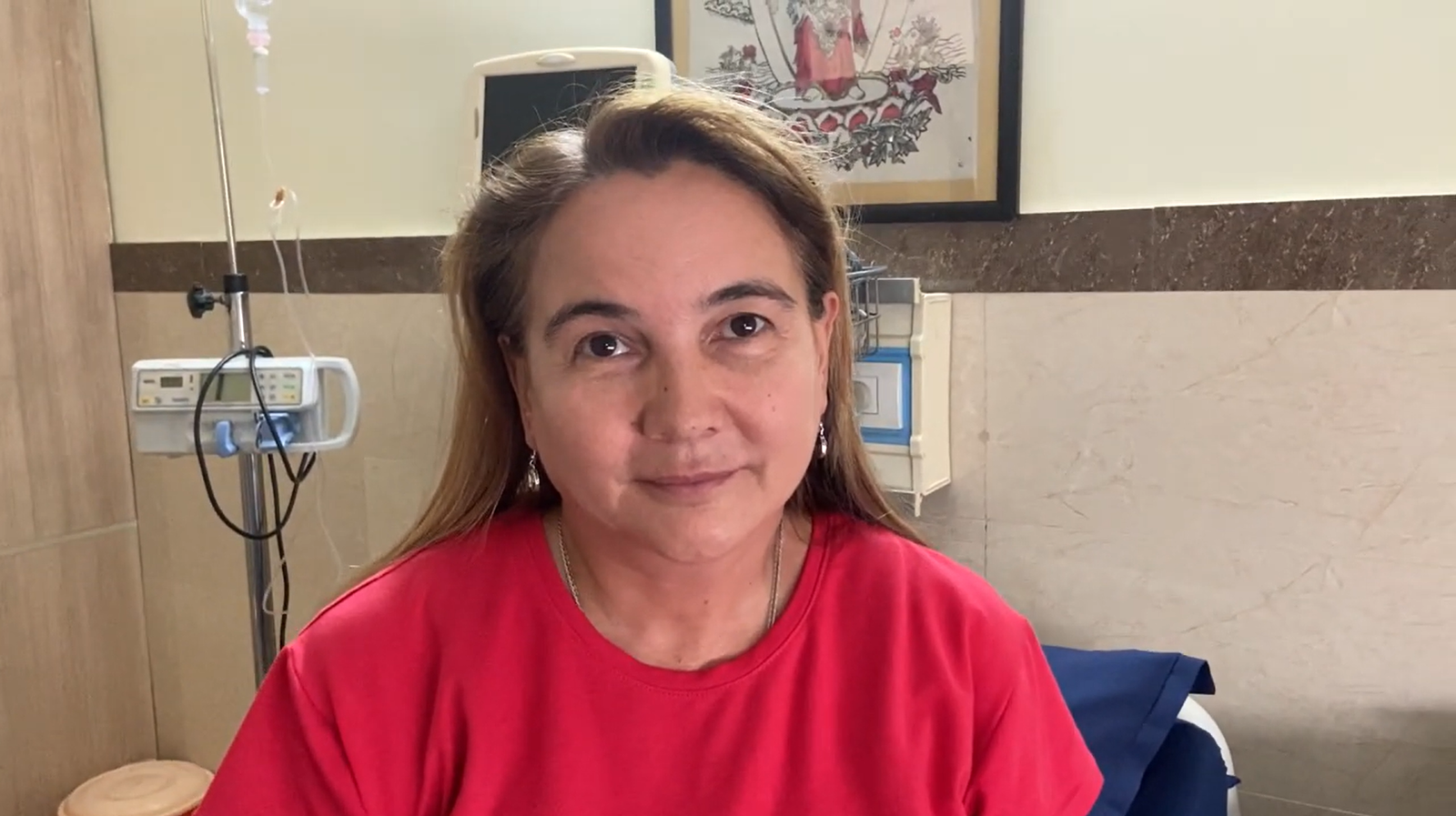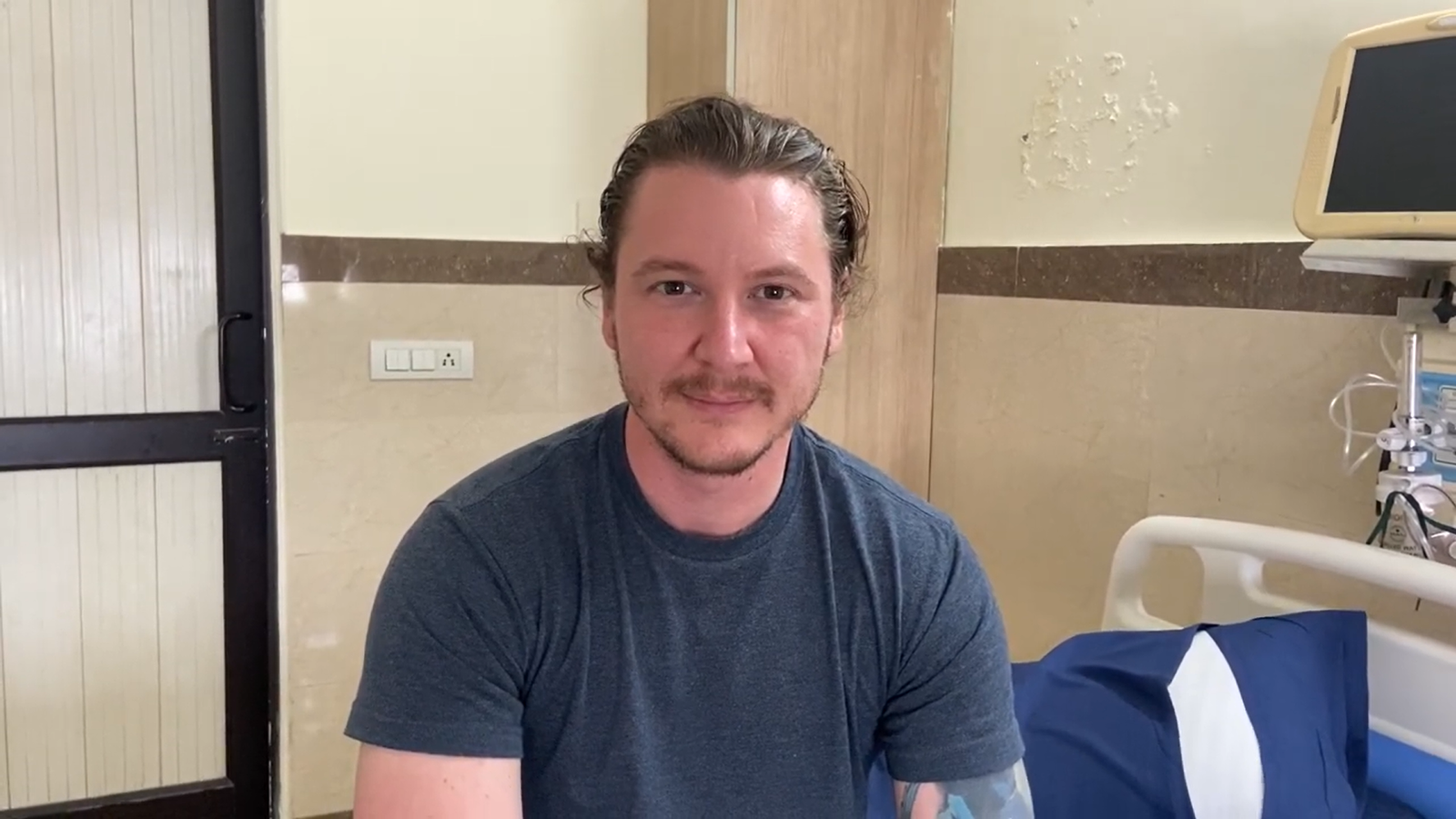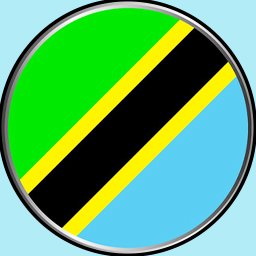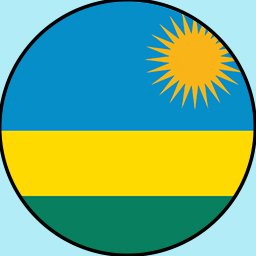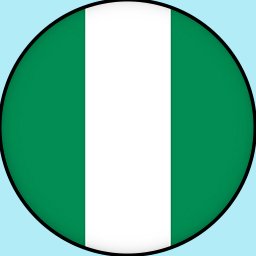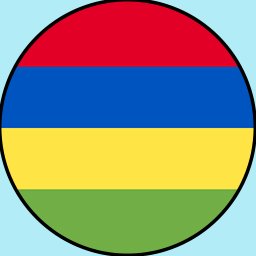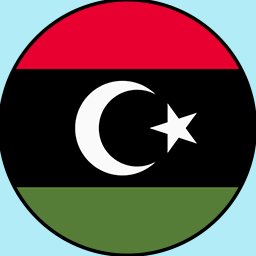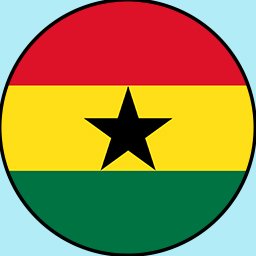Exosome Therapy for ALS/MND

Amyotrophic lateral sclerosis (ALS) is also known as motor neuron disease (MND). The illness affects nerve cells in the brain and spinal cord and leads to muscle weakness, difficulty in speaking, and problems with movement. There are few available treatments for this serious condition which is why more research needs to be done on new therapies.
Research is quite active in a promising area called exosome therapy. Exosomes are tiny particles extruded from cells. They actually carry some very important information. They play a significant role in cell to cell communication. This could offer hope to future people suffering from ALS/MND, as treatments will fix bad cells in the human body and may improve their recovery conditions.
Some Causes of ALS/MND
ALS involves the gradual necrosis of nerve cells within the spinal cord and brain, which cause loss of movement and muscle weakness. Even though the causes of this particular disease are not completely known, several factors have been documented as being related to the development of the disease. These causes are very crucial in general awareness and efforts.
- Genetic factors: 10 percent of cases of ALS are inherited. The risk of a person developing the disease could be due to mutations in certain genes. If someone in the family suffers from this disease, then others in the family may also be at risk.
- Environmental Factors: Exposure to certain environmental toxins, including pesticides and heavy metals, may also play a role in the development of ALS. Case studies have reported a positive association between pesticide exposure and increased risk for ALS. Higher rates of the disease have been correlated with the use of pesticides in rural living.
- Age: ALS predominantly occurs in people between their 40s and 70s. Risk increases with age since neurodegenerative diseases, ALS included, are partly the result of aging.
- Gender: The ALS disease affects males much more than females, although the reasons why such is the case remain unknown. Hormone level differences may also help explain the variations.
- Trauma or Injury: Several research papers suggest that head injury or trauma can cause ALS later in life. Players of contact sports, especially games such as football and hockey are reportedly at a greater risk.
- Immune System Factors: ALS can also result from other factors of the immune system. This is since malfunctions of the immune system may contribute to the causation of ALS according to research. For example, in some people, the immune system might mistakenly begin attacking the nerve cells, which then degenerate gradually.
How Exosomes Therapy Can Treat ALS/MND?
Amyotrophic lateral sclerosis is a progressive medical condition due to progressive changes that destroy the nerve cells connected in this manner. In the absence of such coordination, voluntary movement, muscle tone, and reflexes are gradually lost. ALS affects all populations across the globe without any racial, ethnic, gender, or socioeconomic boundaries. The illness strikes about 2 per 100,000 people each year. There is as yet no treatment for ALS. Researchers continue to seek new treatments. A recently developed strategy for this new therapy is exosome therapy. An exosome is a small vesicle within cells. It can deliver proteins and genetic material from one cell to another. They may even play a vital role in cell communication and have been shown to potentially promote healing and regeneration. Here is how exosome therapy can be applied to ALS treatment:
- Cell Communication: Exosomes make cells capable of communication. They can help in carrying important signals that may ensure the survival of nerve cells, thus increasing their years to live.
- Anti-inflammatory: Inflammation is the first that alters the nerve cells in ALS. It causes damage within the cells, and the exosomes have anti-inflammatory properties that would suppress inflammation and protect the cells from further damage.
- Support to Nerve Cells: The exosomes could convey vital growth factors and proteins that enable survival and functions of the nerve cells, thus slowing down the progression of ALS with good functionalities of the muscles.
- Revival of Nerve Cells: Exosomes may help repair and regenerate impaired nerve cells. This might be able to restore some of the lost features to ALS.
- Less Invasive Treatment: Exosome therapy can be delivered via injections. Hence, exosome treatment can be regarded as relatively less invasive. This would be much easier for patients who are already struggling with too many strains.
- Potential for Personalized Therapy: They can be derived from the patient’s own cells. Therefore, it may well result in a more personalized and effective therapy with minimal chances of rejection.
Success Rate of Exosome Therapy for ALS/MND
Exosome therapy represents the new treatment for Amyotrophic Lateral Sclerosis, a progressive disease which affects nerve cells. Exosomes are tiny particles produced by cells that contain crucial molecules. Studies about the treatment of ALS by exosomes are at an experimental phase but have already demonstrated impressive improvements, including improved strength of the muscles and general health among patients.
However, success varies highly and much is yet to be achieved in knowing if it is really effective. This therapy stands a good chance of becoming one of the imminent therapies for the treatment of ALS in the not so far-off future due to the vast study that scientists are carrying out on exosome therapy.





